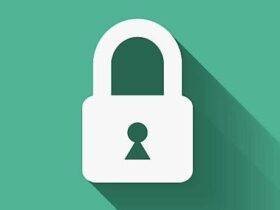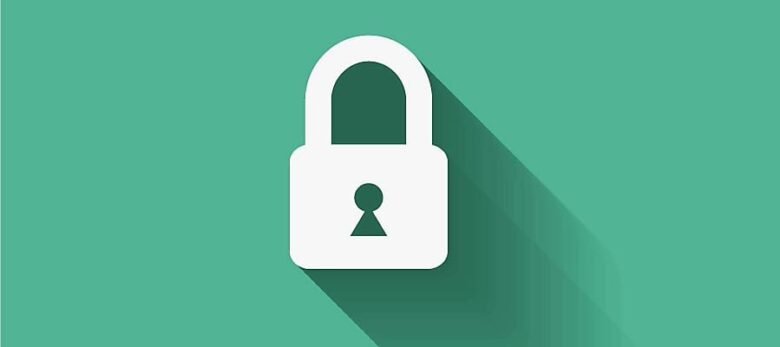In recent years, we’ve heard scary stories of hackers breaking into big websites and stealing information. As a website owner, you’re in charge of not only your own data but also your visitors’ information. To protect your website, it’s essential to stay updated on the latest security measures.
Let’s explore some important features you can add or improve on your website to make it more secure:
Keeping Your Software Updated
Ransomware is a nasty tool that hackers use to attack websites. To protect your site, you should always keep your software and apps up to date. Developers regularly find and fix weaknesses in their software to make it more secure.
Adding SSL for Security
SSL is like a secret code that makes sure your website’s data is safe when it travels between your server and a visitor’s browser. It uses two special keys to protect the information from hackers. This is important, especially when people share personal stuff like names, credit card numbers, and logins on your site.
To get SSL, follow these steps:
- Get a unique Internet address (IP) just for your site.
- You can make your own certificate, like a super-strong password, or buy one from places like NameCheap or GeoTrust QuickSSL.
- Activate the certificate (some hosting providers do this for you).
- Install the certificate on your web host.
- Update your site’s pages to have “HTTPS” in the URL.
Limiting User Access
If your site has lots of users, you should control who can do what. Each person should only have access to what they need. For example, someone writing for your blog doesn’t need access to everything. Clear rules will help prevent mistakes on your site.
Using Strong Passwords
Make sure your admin password is super secure. It should be unique, long (more than 12 characters), and not use common words. Avoid using simple substitutions like ‘0’ for ‘O’ or ‘3’ for ‘E’. Password managers like LastPass can help you keep track of your passwords safely. Google also has a Chrome extension that can warn you about weak passwords.
Some tips for strong passwords:
- Use symbols and mix uppercase and lowercase letters.
- Create a password by using the first letters of a sentence you’ll remember.
- Change your password regularly to keep it extra safe.
Adding a Web Application Firewall (WAF)
Install a web application firewall (WAF) for your site. It’s like a security guard for your server. It checks all the data coming in and out, stopping hackers and unwanted visitors. Many new WAFs work with the cloud and are easy to set up. They act as a barrier between your server and the outside world, keeping your site safe.
In Conclusion
As a website owner, it’s your duty to safeguard your website for the sake of your visitors. To ensure your data stays secure, it’s crucial to use all the available tools and techniques. Stay proactive against hackers by adding SSL certificates, creating strong passwords, and keeping your software up-to-date. Your website’s security is your priority, and taking these steps will help protect both your information and your visitors’ data.















1 Comment